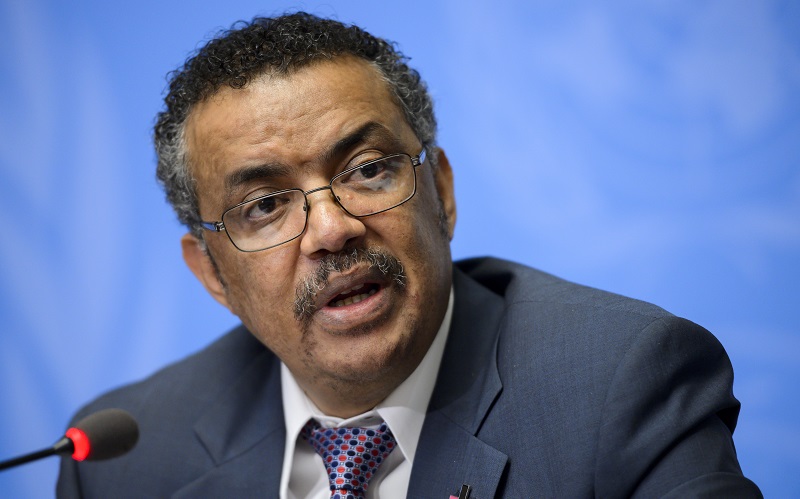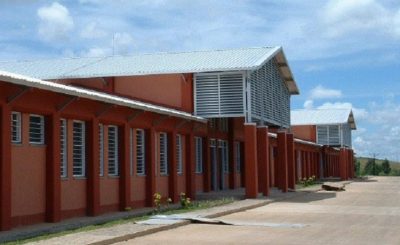A new research from the World Health Organization (WHO) shows that the Covid-19 pandemic is severely affecting quality care given to small and sick new-borns resulting in unnecessary suffering and deaths.
The study was published by the Lancet Eclinical Medicine and it highlights the critical importance of ensuring new born babies have close contact with parents after births especially those born too small or too soon.
The report states that in many countries if Covid-19 infections are confirmed or suspected new-born babies are being routinely separated from their mothers and this is putting them at higher risk of death and lifelong health complications.
WHO has found that this is the case in the poorest countries where the greatest number of babies are born premature and infant deaths occur.
According to the report, disruptions to kangaroo mother care – which involves close contact between a parent, usually a mother, and a new-born baby – will worsen these risks.
Up to 125 000 babies’ lives could be saved with full coverage of kangaroo mother care. For babies born preterm or at low birthweight, kangaroo mother care (early, prolonged skin-to-skin contact with a parent and exclusive breastfeeding) is particularly critical.
Among infants born preterm or at low birthweight, kangaroo mother care has been shown to reduce infant deaths by as much as 40%.
WHO advises that mothers should continue to share a room with their babies from birth and be able to breastfeed and practice skin-to-skin contact – even when COVID-19 infections are suspected or confirmed – and should be supported to ensure appropriate infection prevention practices.





